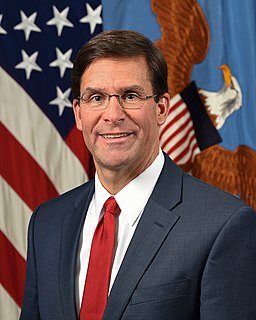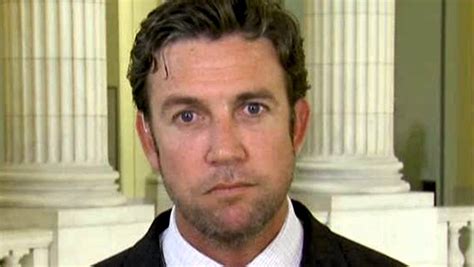A Quote by Mark Esper
One of the key challenges the military has faced - and the Army, in particular - is defining our requirements and keeping them stable.
Quote Topics
Related Quotes
All of us cherish our beliefs. They are, to a degree, self-defining. When someone comes along who challenges our belief system as insufficiently well-based - or who, like Socrates, merely asks embarrassing questions that we haven't thought of, or demonstrates that we've swept key underlying assumptions under the rug - it becomes much more than a search for knowledge. It feels like a personal assault.
In separating out, say, legal and moral requirements, I tend to work with paradigms rather than strict divisions - eg, paradigmatically, legal requirements are jurisdictionally bound whereas ethical requirements are aspirationally universal; ethical requirements focus especially on intentions whereas legal requirements focus primarily on conduct; ethical requirements take priority over legal requirements; and so on.
There are three ways in which a ruler can bring misfortune on his army: By commanding the army to advance or to retreat, being ignorant of the fact that it cannot obey. This is called hobbling the army. By attempting to govern an army in the same way as he administers a kingdom, being ignorant of the conditions which obtain in an army. This causes restlessness in the soldier's minds. By employing the officers of his army without discrimination, through ignorance of the military principle of adaptation to circumstances. This shakes the confidence of the soldiers.
Parenthood abruptly catapults us into a permanent relationship with a stranger, and the more alien the stranger, the stronger the whiff of negativity. We depend on the guarantee in our children's faces that we will not die. Children whose defining quality annihilates that fantasy of immortality are a particular insult; we must love them for themselves, and not for the best of ourselves in them, and that is a great deal harder to do. Loving our own children is an exercise for the imagination.
As a matter of fact, although we had some terrible challenges and temptations when I was in office, we never dropped a bomb... we never launched a missile... and we never fired a bullet. I think that one of the main requirements for a strong military, like a strong submarine force, is to prevent war, not to cause war.




































